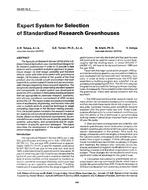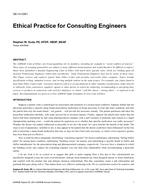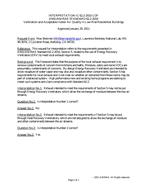The energy efficiency of closed-loop water storage heat pump systems is strongly dependent on the quantity of internal heat that is generated and stored for later usage. In addition, the relative severity of the heating and cooling seasons will also influence the energy efficiency of these types of systems. For this study, a commercially available building energy analysis computer program was used in order to make comparisons of energy requirements (supplementary heat, cooling tower, compressor, HVAC system, and total building) for a range of internal loads (W/ft 2) at various locations throughout the United States. The building used in the study was a 46,000 ft2, two-story office building. The energy requirements were evaluated on an hour-by-hour basis for a full year using ASHRAE TRY weather data for 17 major cities in the U.S. The building was divided into 16 zones with two water-to-air heat pumps per zone and a total water storage volume of 40,000 gallons. The results of the analysis for an internal loading range of 0.5 to 6 W/ft2 indicated that the supplementary energy, cooling tower energy and total building energy were strongly dependent on the internal load as well as the location of the building. The HVAC energy requirements however, exhibited a minimum energy requirement at a specific internal load. This minimum energy point correlated reasonably well with the number of degree days at the location.
Units: Dual (abstract I-P only)
Citation: Symposium, ASHRAE Transactions, 1988, vol. 94, pt. 1, Dallas, TX
Product Details
- Published:
- 1988
- Number of Pages:
- 12
- File Size:
- 1 file , 2.1 MB
- Product Code(s):
- D-DA-88-22-1


